Table of Contents
ToggleSources
- https://www.law.cornell.edu/constitution/seventh_amendment
Cornell Law School's Legal Information Institute provides the full text of the 7th Amendment along with annotations and interpretations, making it an authoritative source for constitutional law. - https://www.archives.gov/founding-docs/bill-of-rights/what-does-it-say
The National Archives provides historical context and explanations for the Bill of Rights, including the 7th Amendment, directly from the primary source of U.S. foundational documents. - https://www.history.com/topics/united-states-constitution/bill-of-rights
History.com offers a detailed overview of the Bill of Rights, including the 7th Amendment, with historical context and significance, making it a reliable educational resource. - https://www.uscourts.gov/about-federal-courts/educational-resources/about-educational-outreach/activity-resources/what-does-0
The official U.S. Courts website explains the role of the 7th Amendment in modern civil cases, including the current monetary threshold for jury trials, providing authoritative legal context. - https://www.britannica.com/topic/common-law
Encyclopedia Britannica provides a detailed explanation of common law, which is referenced in the 7th Amendment, offering historical and legal background relevant to the post.
Key Points
- The 7th Amendment guarantees the right to a trial by jury in civil cases where the value in controversy exceeds twenty dollars.
- It is part of the Bill of Rights, ratified on December 15, 1791, to protect individual rights.
- The 7th Amendment enhances the 6th Amendment by clarifying jury trial rights in civil court cases.
- Common law, derived from English legal systems, is the foundation referenced in the 7th Amendment.
- Civil cases involve disputes between private parties, companies, or organizations, not criminal matters.
- Today, federal courts require damages over $75,000 for a jury trial in civil cases, adjusted from the original twenty dollars.
- The Founding Fathers included the 7th Amendment to prevent judicial bias and ensure fairness in civil trials.
- Historical concerns about royal-appointed judges favoring the government influenced the amendment's creation.
- The amendment ensures that juries determine facts in civil cases, which courts cannot overturn, only interpret the law.
- The 7th Amendment is also known as the Trial by Jury Amendment, emphasizing its importance in civil justice.
Summary
The 7th Amendment guarantees the right to a jury trial in civil cases involving disputes over $20 or more, ensuring fairness and preventing judicial bias. Rooted in English common law, it was designed to protect individuals from potential government overreach by allowing juries to determine facts in civil disputes. Today, this right applies in federal courts for claims exceeding $75,000, preserving the Founding Fathers' intent to balance power in the legal system.
7th Amendment
In Suits at common law, where the value in controversy shall exceed twenty dollars, the right of trial by jury shall be preserved, and no fact tried by a jury, shall be otherwise re-examined in any Court of the United States, than according to the rules of the common law.
The first 10 Amendments to the United States Constitution are collectively called the Bill of Rights. Like the other nine, Amendment VII is all about protecting the rights of the individual.
What is the 7th Amendment?
The 7th Amendment is about the right to a trial by jury in a case between two parties. It was ratified on December 15, 1791.
Continue reading for a fuller answer.
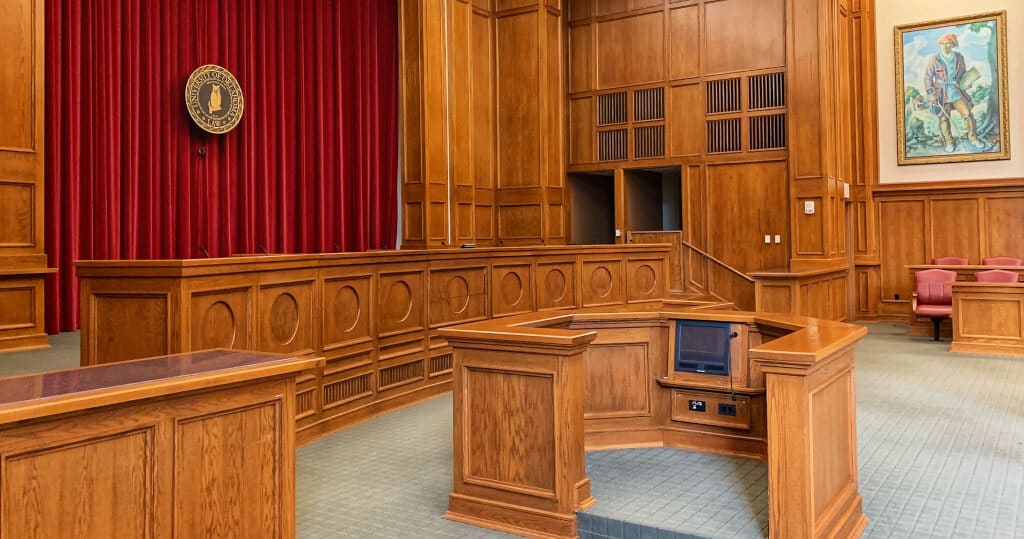
What Is the 7th Amendment?
The 7th Amendment to the United States Constitution supports and enhances the provisions of the 6th Amendment.
In the 6th Amendment, the right of an accused person to a jury trial is guaranteed. In Amendment VII, this right is fine-tuned to establish clarity in civil court cases which protects the citizen’s rights.

7th Amendment rights are incredibly important. So much so that the Seventh Amendment was ratified as part of the Bill of Rights.

Get Smarter on US News, History, and the Constitution
Join the thousands of fellow patriots who rely on our 5-minute newsletter to stay informed on the key events and trends that shaped our nation's past and continue to shape its present.
What Is Common Law?
Common law, mentioned on two occasions in the 7th constitutional amendment, is the basis of the legal systems in England and the United States. Common law comprises customary laws that have been in existence since the Middle Ages.
English common law came to America due to the British colonization and continues as the bedrock of its legal system today.
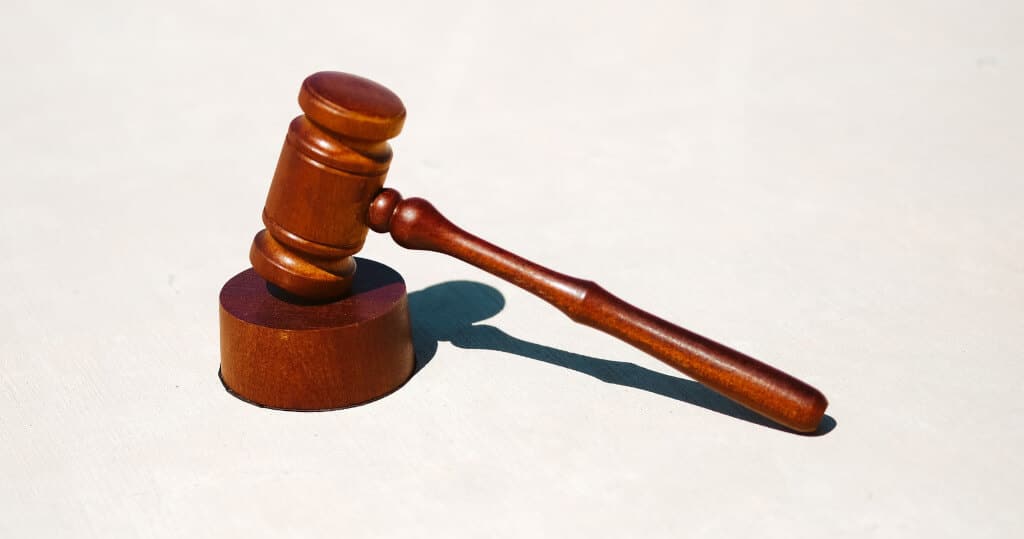
Thus, the Founding Fathers felt secure in referring to ‘common law’ as their compatriots would understand exactly what they meant.
The Term ‘Civil Cases’ Explained
A civil case is one where disputes are heard that involve companies, organizations, or private citizens.
A typical 7th Amendment civil case might concern an individual suing a company for damages if a faulty product damages his property.

Those bringing the civil court case can choose to have a jury trial or opt for a judge to rule alone.
When the 7th constitutional amendment was formulated in the late eighteenth century, twenty dollars was considerable money.
Today, a federal court hearing a civil case will only give the option of a jury if the amount of damages being claimed is more than $75,000.
Trial by Jury in Civil Cases Guaranteed
The Founding Fathers were concerned that if trial by jury in civil cases disappeared, then decisions would have to be made solely by a judge.
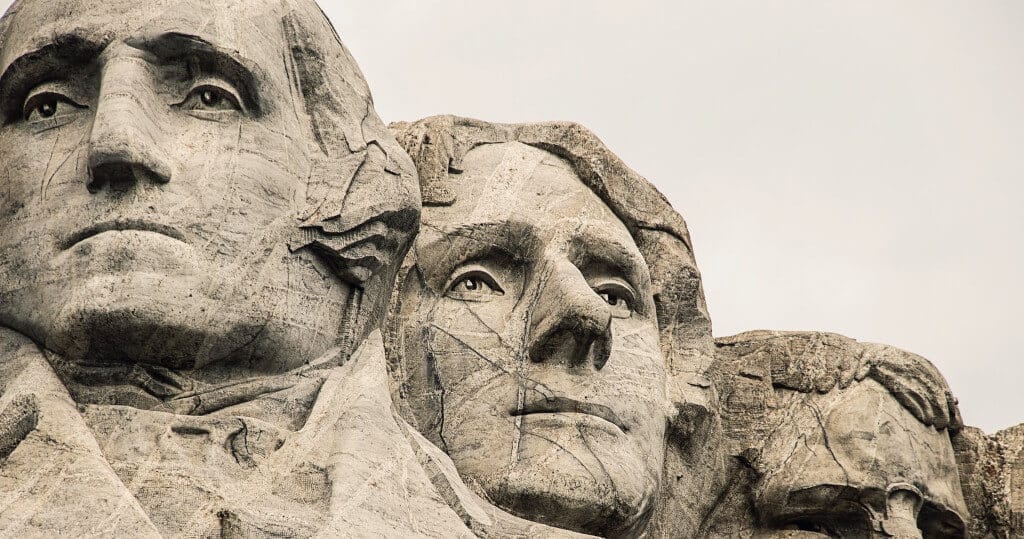
They felt there was a risk that a judge might be biased or corrupted. This would be lessened if there was a trial by jury.
In some cases, people felt that a judge might be more inclined to side with the government, leading to the government having too much power.
Royal Bias Amongst Judges
When the US Constitution was being written, the abuses of the law by British judges in the thirteen colonies were remembered well.

Generally, the King appointed judges, who invariably ruled in the King’s favor when hearing civil cases. There was, therefore, an important principle to be preserved.
The 7th Amendment’s purpose was to establish rules to govern civil trials. The 6th Amendment had made clear the rules regulating criminal trials.
It was, however, necessary to make clear the role of a jury in a civil trial. Juries could establish matters of fact, and no other court could alter that decision once established. Thus, interpretation of the law was the role of the courts.

Trial by Jury Amendment
Trial by jury is an important principle, and the Founding Fathers guaranteed in the 7th Amendment (or Trial by Jury Amendment) that it would apply equally in a civil court case.
7th Amendment Simplified Quiz
Frequently Asked Questions
What is the 7th Amendment?
What is common law as mentioned in the 7th Amendment?
What types of cases does the 7th Amendment apply to?
Why did the Founding Fathers include the 7th Amendment?
What is the monetary threshold for a jury trial in federal civil cases today?
How useful was this post?
Click on a star to rate it!
Average rating / 5. Vote count:
No votes so far! Be the first to rate this post.
We are sorry that this post was not useful for you!
Let us improve this post!
Tell us how we can improve this post?
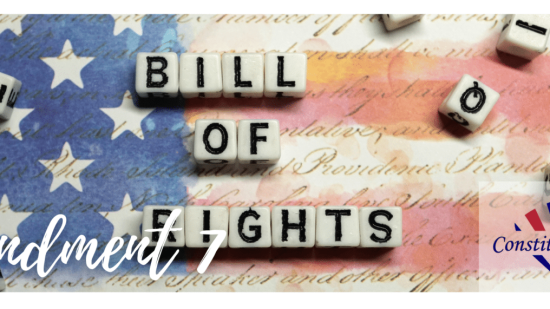

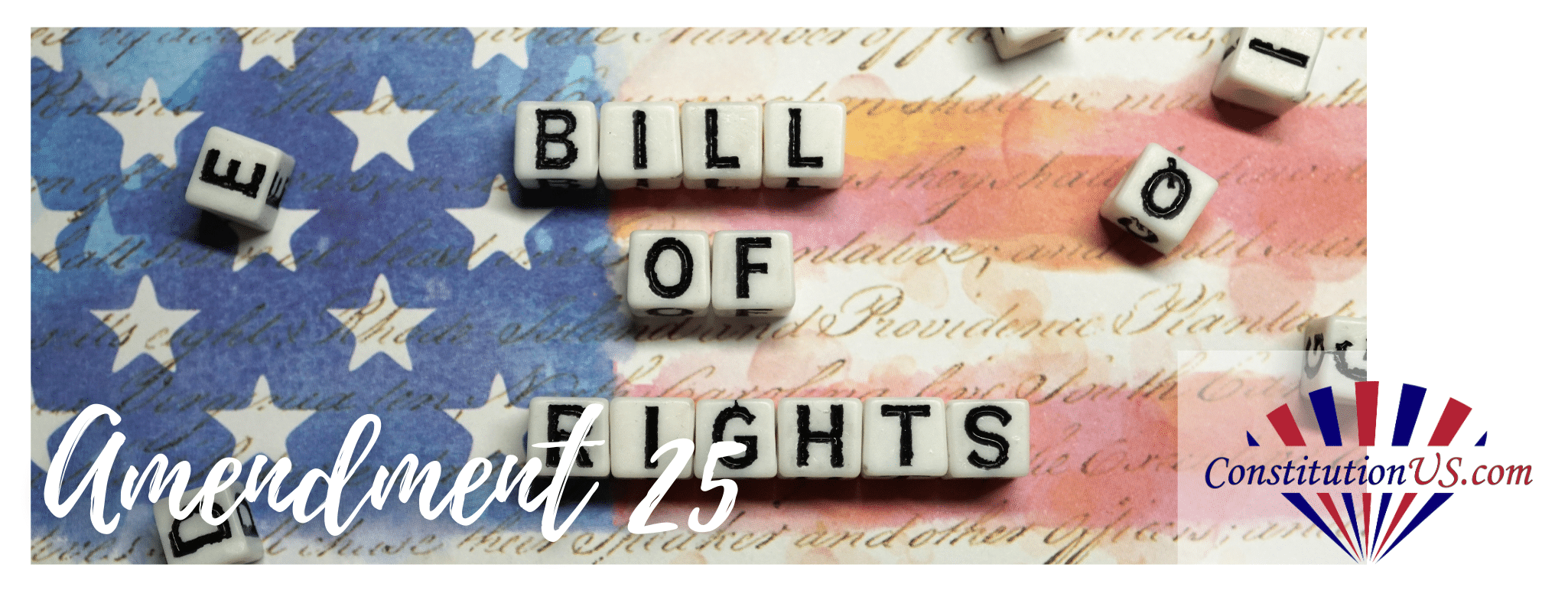
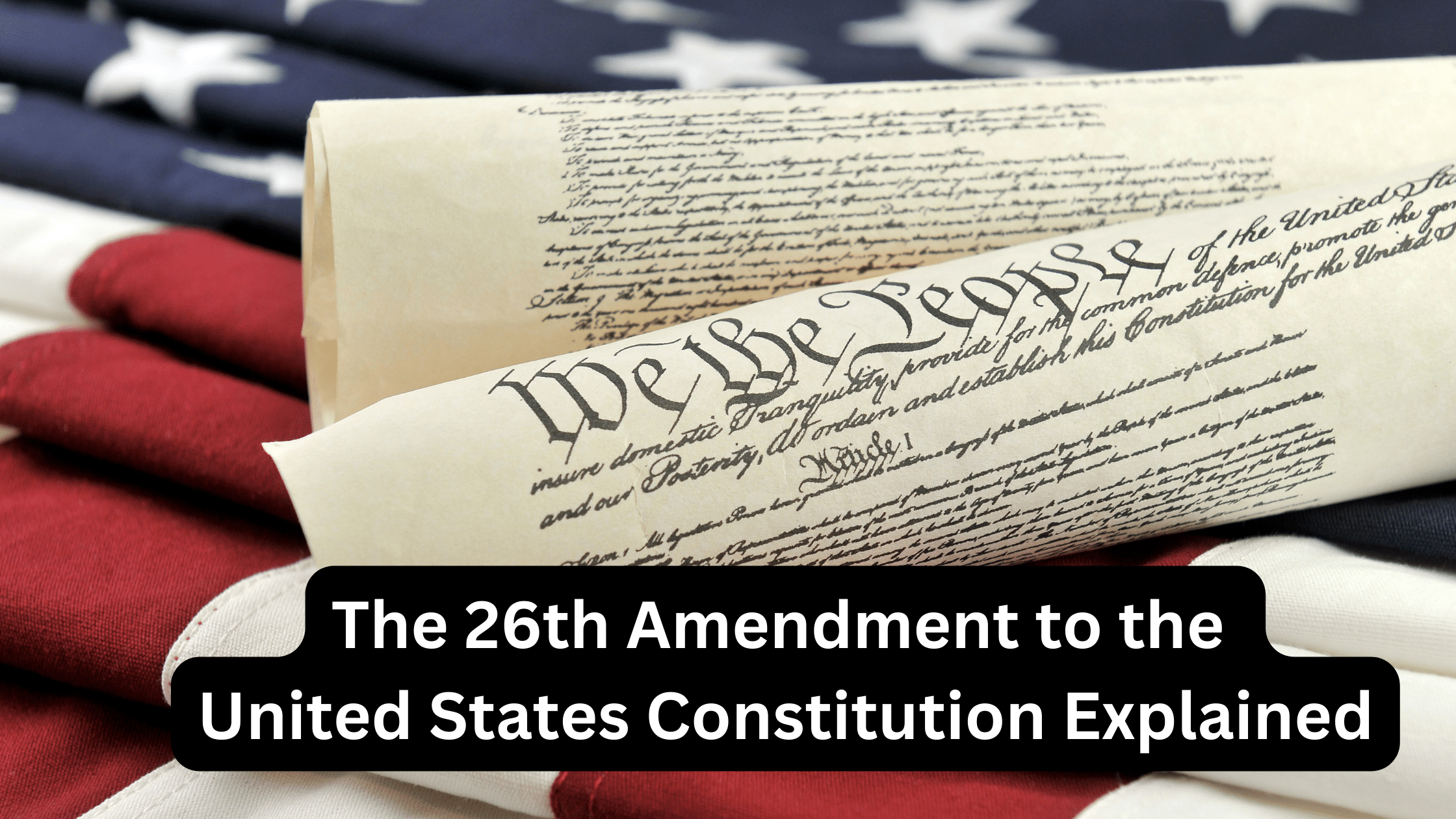
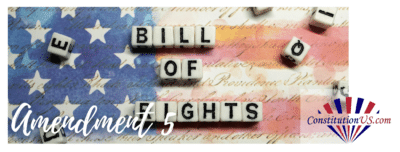
One Response
Interesting that with the average inflation rate since 1871 of approx 2% that same $20 would only be worth $428 in today’s dollars. It would seem that our 7th amendment rights have been eroded by $74572 in real dollars.